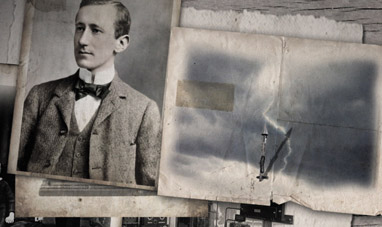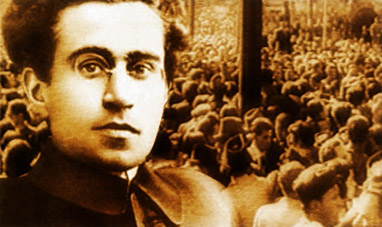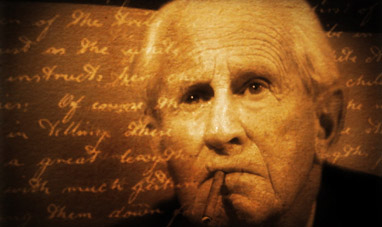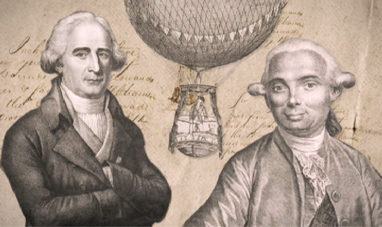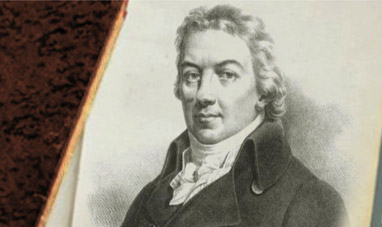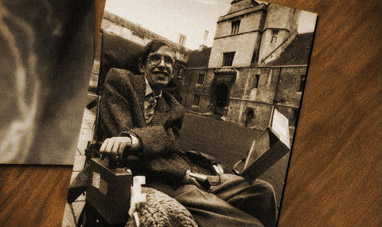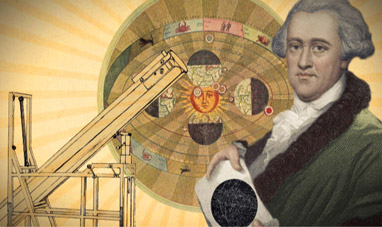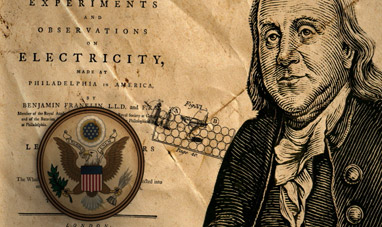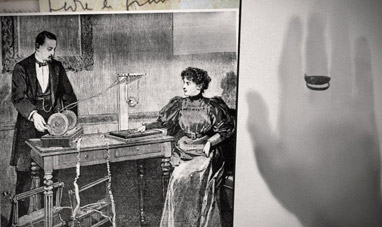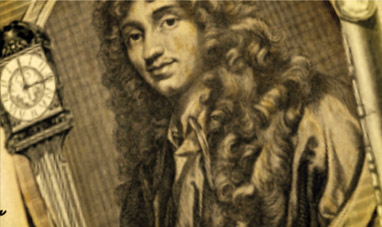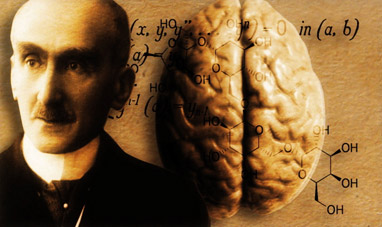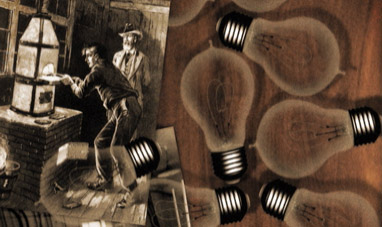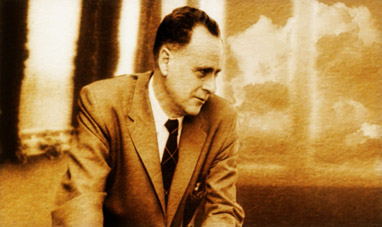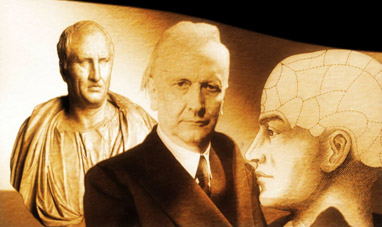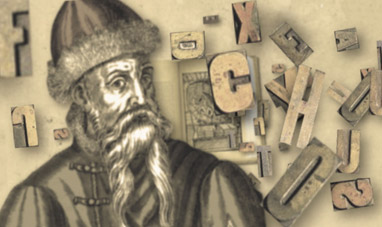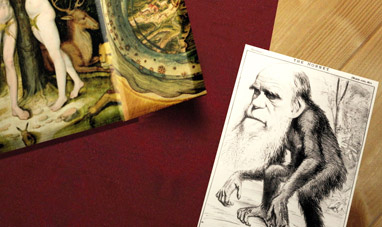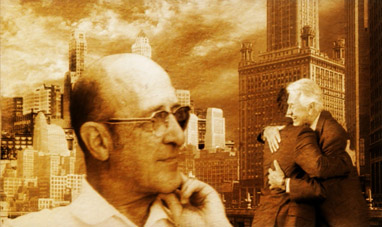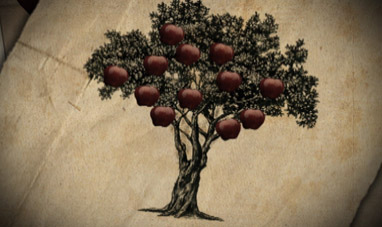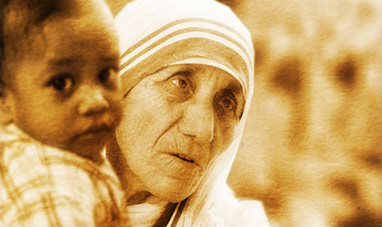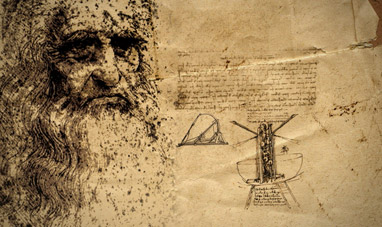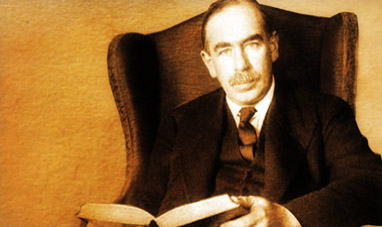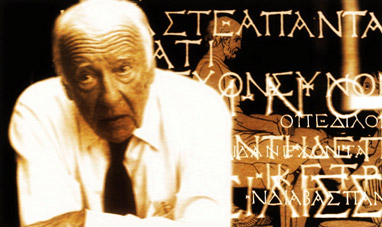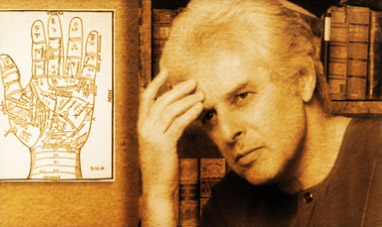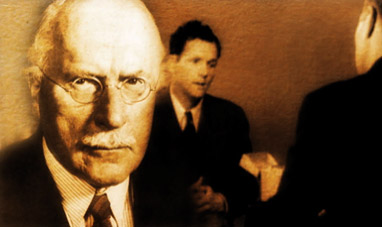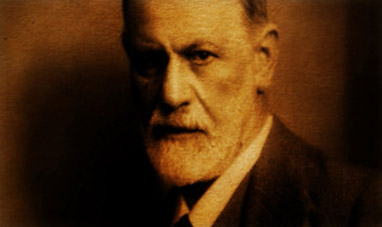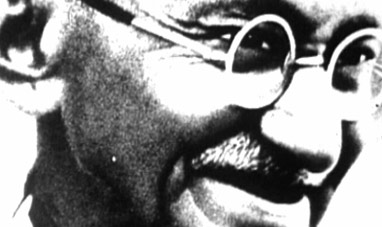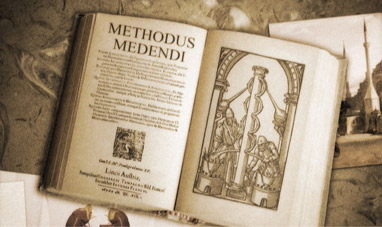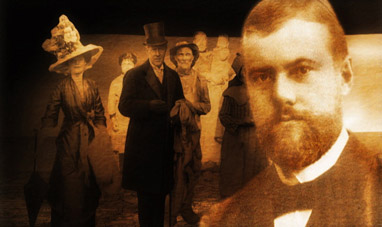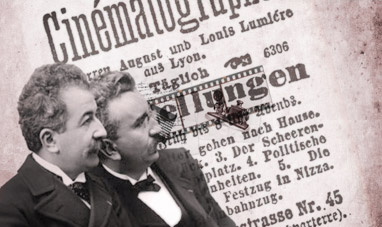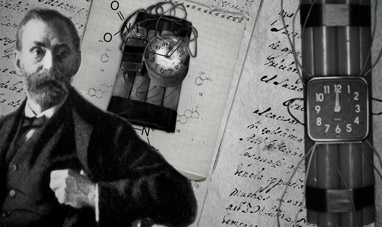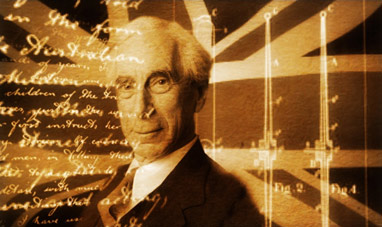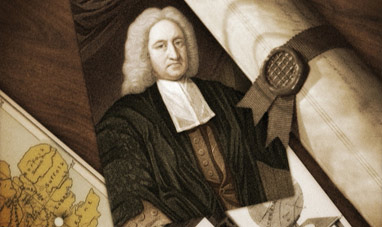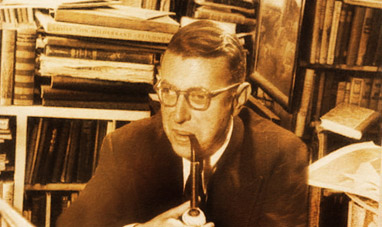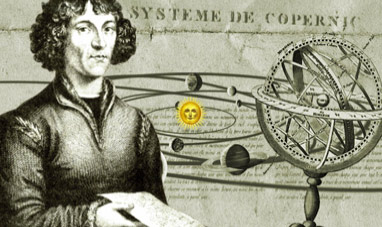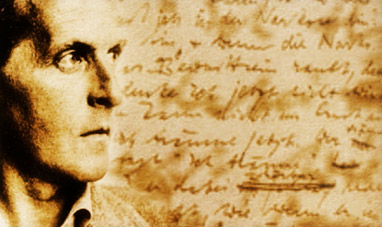Italian astronomer and physicist Galileo Galilei is considered the founder of modern scientific method. He was born in Pisa on February 15, 1564 to Vincenzo, a musician, and Giulia Ammannati. After studying at the Vallombrosa monastery, in order to please his father he enrolled in the university to study medicine, but left before graduating. In 1586, Galileo designed a new kind of hydrostatic scale, capable of weighing objects immersed in water. Three years later, at 25, he was made chair of mathematics at the University of Pisa.He dedicated himself to studying physics, particularly motion. At the time, scholars believed that the speed with which an object fell to the ground depended on its weight. Galileo thought that speed wasn't determined by weight but by the resistance air made to an object.He devised numerous experiments, dropping objects of the same shape and size but different weights and calculating the time they took to hit ground. He discovered that fall time did not change. This showed him that weight did not determine the speed at which an object fell to earth.
Galileo’s method itself was a novelty. No scientist before him had ever checked and measured data. Previous scientists merely observed natural phenomena then formulated hypotheses to explain them. In 1592, Galileo went to the University of Padua, where he taught geometry and astronomy. At the time, heliocentric theory lay at the center of heated debate. In 1543, Nicolaus Copernicus put forward his hypothesis that the Earth and planets revolve around the Sun, not the other way around, as the Church and traditional thinking both claimed.Interested in the issue, in 1609 Galileo used a tool invented a few years earlier in Holland: the telescope. He added lenses to boost power and pointed it skyward. The sky that Galileo saw through this instrument was completely different from the traditional conception of the heavens. He counted four satellites orbiting Jupiter, studied the moon's surface and identified the phases of Venus.
Moreover, he was able to state laws that confirmed heliocentric theory by calculating the movements of planets.
Galileo's discoveries caused a sensation. Many considered them invalid, believing the telescope distorted reality, but scientists were enthusiastic. To end the debate, the Church condemned the heliocentric theory as heretical. But Galileo would not be stopped. In 1632, he published Dialogue Concerning the Two Chief World Systems, Ptolemaic & Copernican introducing new arguments that supported heliocentric theory. The Church’s reaction was immediate: Galileo was put on trial. He was forced to deny his theories and sentenced to prison for life. He would later be allowed to serve the sentence at home in Arcetri. Galileo died there on January 8, 1642. He was 78.
Galileo’s method itself was a novelty. No scientist before him had ever checked and measured data. Previous scientists merely observed natural phenomena then formulated hypotheses to explain them. In 1592, Galileo went to the University of Padua, where he taught geometry and astronomy. At the time, heliocentric theory lay at the center of heated debate. In 1543, Nicolaus Copernicus put forward his hypothesis that the Earth and planets revolve around the Sun, not the other way around, as the Church and traditional thinking both claimed.Interested in the issue, in 1609 Galileo used a tool invented a few years earlier in Holland: the telescope. He added lenses to boost power and pointed it skyward. The sky that Galileo saw through this instrument was completely different from the traditional conception of the heavens. He counted four satellites orbiting Jupiter, studied the moon's surface and identified the phases of Venus.
Moreover, he was able to state laws that confirmed heliocentric theory by calculating the movements of planets.
Galileo's discoveries caused a sensation. Many considered them invalid, believing the telescope distorted reality, but scientists were enthusiastic. To end the debate, the Church condemned the heliocentric theory as heretical. But Galileo would not be stopped. In 1632, he published Dialogue Concerning the Two Chief World Systems, Ptolemaic & Copernican introducing new arguments that supported heliocentric theory. The Church’s reaction was immediate: Galileo was put on trial. He was forced to deny his theories and sentenced to prison for life. He would later be allowed to serve the sentence at home in Arcetri. Galileo died there on January 8, 1642. He was 78.

